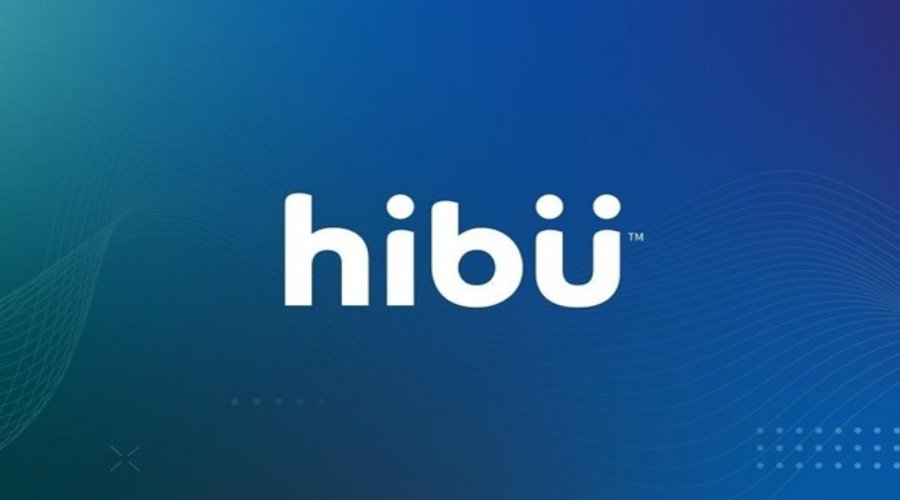
Technology’s world is racing at the speed of light, and three of the most promising arenas in it — Artificial Intelligence (AI), Data Science, and Data Analytics — are still the buzzwords regarding the 2025 career horizon. Although all these domains overlap with one another, each exists for varying purposes and job opportunities. So, if you want to invest your time and effort into learning an industry-safe skill, this is how to select the best match for you.
1. Knowledge of the Fields
Artificial Intelligence: AI is meant to develop systems that express intelligent behavior with analogies to human intelligence. Examples include machine learning, computer vision, natural language processing (NLP), robotics, and deep learning. AI makes provisions for intelligent assistants, recommendation systems, self-driving cars, and so on.
Data Science: It is a general field of study that includes data cleaning, data mining, statistical modeling, machine learning, and predictive analytics. Analytical software and AI are used by Data Scientists to draw insightful conclusions from raw data.
Data Analytics: Data Analytics cares less about generating new data using modeling or simulation and more about interpreting existing data to determine trends and fix problems. It includes descriptive and diagnostic analytics with the application of Excel, Power BI, and SQL. It is best applied to business operations and decision-making data.
2. Employment Prospects in 2025
- Careers in Artificial Intelligence: Robotics Engineer, NLP Scientist, Machine Learning Engineer, and AI Engineer
- Careers in data science include business intelligence development, research science, data science, and data engineering.
- Careers in Data Analytics: Operations, Reporting, Business, and Data Analysis
Both have well-paying careers, but AI and Data Science require more technical knowledge and involve more research and development (R&D) and innovation processes.
3. Technical Expertise & Tools Required
- AI: Python, TensorFlow, PyTorch, NLP, Deep Learning, Reinforcement Learning
- Data Science: Python/R, SQL, Statistics, Machine Learning, Tableau, Jupyter
- Data Analytics: Excel, SQL, Power BI, Tableau, Google Analytics
4. Learning Curve & Background
- AI has a steeper learning curve and is best for math or programming types.
- Data Science needs coding, stats, and business requirements.
- Data Analytics is for beginners and ideal for a non-technical stream.
5. What Should You Learn in 2025?
- Go for AI if you want to build smart systems and have a strong programming and math background.
- Go for Data Science if you prefer problem-solving, such as narrating stories with data, and would prefer to possess a transferable set of skills that incorporates a combination of AI and analytics.
- Go for Data Analytics if you prefer to have ready access to the world of data with high-level business careers and less resistance to technology.
Final Thoughts
All three streams are future-oriented with bright prospects. The best among them is based on what you want to do, like, and your skill level. If you are starting, Data Analytics is where to begin. And if you want to dig deep, Data Science or AI can lead you to high-profile, high-paying jobs.






